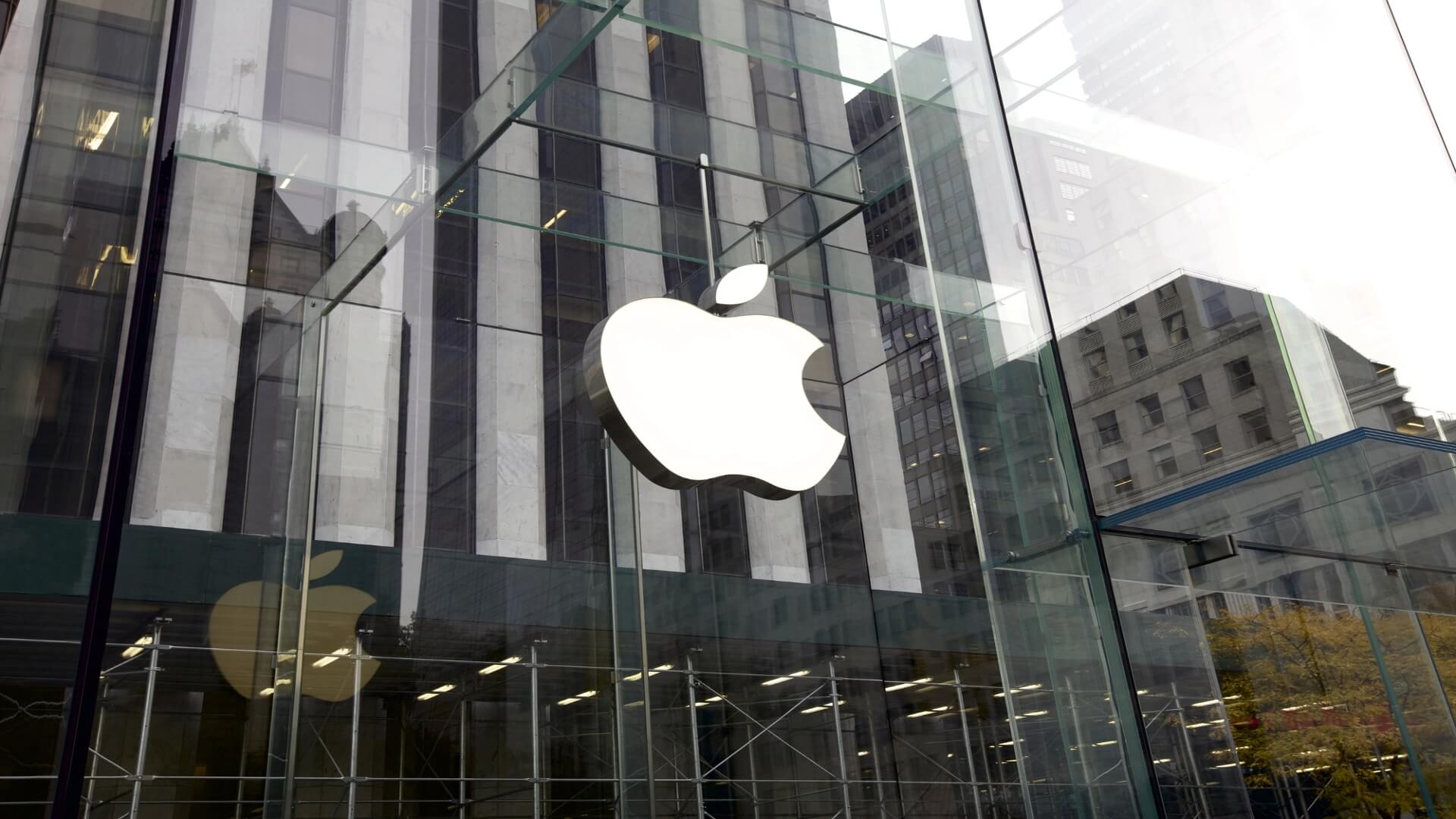Big Tech and their industry groups spent millions of dollars in a multiyear congressional effort to block key bipartisan antitrust bills targeting the nation’s four largest tech firms. Antitrust supporters pushed hard for major legislation to rein in the power of Big Tech before the close of this year. Several antitrust reform proposals to give federal and state enforcers more resources and power were added to the $1.7 trillion government funding bill. The two key bipartisan antitrust bills targeting internet giants failed to make it into end-of-the-year must pass bills, effectively killing their chances of passing this year.
Tech giants and their allied trade associations spent $277 million on lobbying in the past two years to defeat the American Innovation and Choice Online Act (AICOA) and the Open App Markets Act. This is six times more than supporters of antitrust legislation, according to a report from Public Citizen citing data from the nonpartisan group OpenSecrets. Amazon alone spent $16 million on lobbying over the first nine months of 2022. This is its largest total through that period in any year on record and the most of any company. Apple also shattered its previous lobbying spending record. In addition, Meta and Google, would have been subject to the two bipartisan antitrust bills, which aim to limit companies from preferring their own products and services over rivals. They would also add regulations in the app store marketplace. Here is an opinion piece we found of interest relating to how Big Tech defeated two key bipartisan antitrust bills.
Big Tech Divided and Conquered to Block Key Bipartisan Bills
In an opinion piece “Big Tech Divided and Conquered to Block Key Bipartisan Bills” for Bloomberg, Emily Birnbaum, reporter, discusses how Big Tech defeated a bipartisan legislative effort to crackdown on the practices of Alphabet Inc.’s Google, Amazon.com Inc, Meta Platforms Inc. and Apple Inc. for the first time in the nearly three decades since the internet was unveiled to the public. The tech giants spent millions, even sending their chief executives to Washington, and deploying trade groups and sympathetic scholars to quash the legislation. The two antitrust bills were co-sponsored by Senators Amy Klobuchar, a Minnesota Democrat, and Chuck Grassley, an Iowa Republican. The AICOA would have prevented the tech giants from using their platforms to disadvantage competitors, while the Open App Markets Act would have reduced Apple and Google’s control over app stores. The tech giants have been forced to make significant changes in Europe to comply with similar European Union (EU) laws that are soon set to take effect.
Birnbaum points out that the opposition campaign targeted the two parties’ concerns with Big Tech. To Democrats, tech lobbyists argued that the bills would harm minority groups and reduce online privacy. To Republicans, they focused on free speech and free markets. In addition, the tech giants and their trade groups spent more than $100 million on lobbying in two years, outspending industries such as pharmaceuticals and defense. According to Birnbaum, the tech giants donated more than $5 million to politicians, and tech lobbyists bundled more than $1 million to the PAC in charge of defending the Democrats’ majority. They spent millions more into dark-money groups, nonprofits and trade associations not required to disclose the source of their funding.
The opposition didn’t just focus on legislators. The tech giants spent $130 million into advertising campaigns, primarily targeting swing states such as Georgia, New Hampshire and Arizona, according to ad analytics service AdImpact. Many of the ads implied that Democrats could lose the Senate and Republicans could miss their chance at a legislative majority if they supported the legislation. Read more on Bloomberg.
Disclosure: Fatty Fish is a research and advisory firm that engages or has engaged in research, analysis, and advisory services with many technology companies, including those mentioned in this article. The author does not hold any equity positions with any company mentioned in this article.
The Fatty Fish Editorial Team includes a diverse group of industry analysts, researchers, and advisors who spend most of their days diving into the most important topics impacting the future of the technology sector. Our team focuses on the potential impact of tech-related IP policy, legislation, regulation, and litigation, along with critical global and geostrategic trends — and delivers content that makes it easier for journalists, lobbyists, and policy makers to understand these issues.
- The Fatty Fish Editorial Teamhttps://fattyfish.org/author/fattyfish_editorial/January 19, 2024
- The Fatty Fish Editorial Teamhttps://fattyfish.org/author/fattyfish_editorial/January 3, 2024
- The Fatty Fish Editorial Teamhttps://fattyfish.org/author/fattyfish_editorial/January 3, 2024
- The Fatty Fish Editorial Teamhttps://fattyfish.org/author/fattyfish_editorial/December 31, 2023











